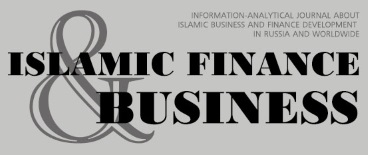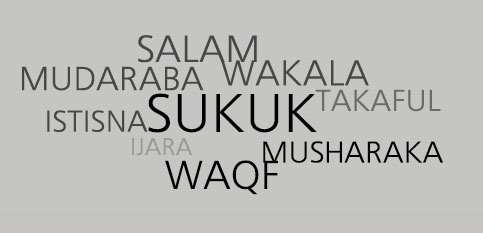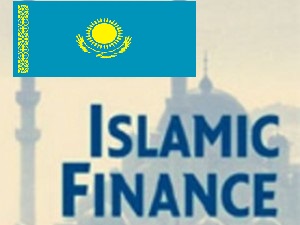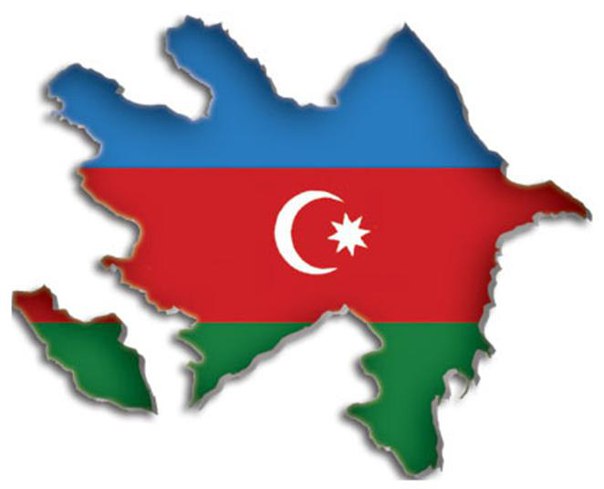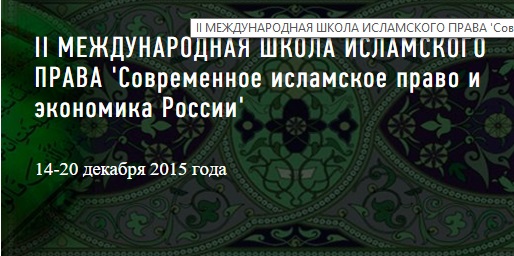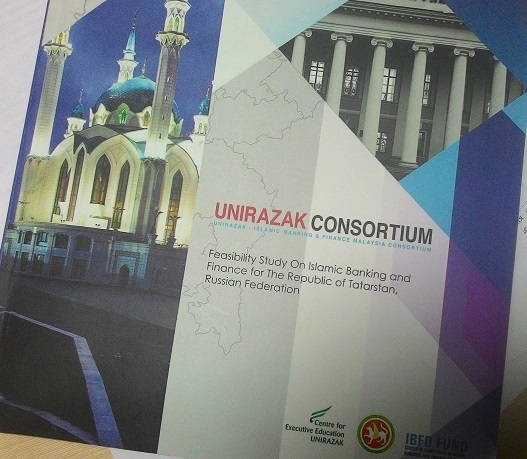Latest News
Recent Comments
|
GCC VAT a test for Islamic Finance- Fitch
07.02.2017
Fitch Ratings-London-06 February 2017
The plan to introduce Value Added Tax (VAT) in Gulf Cooperation Council (GCC) member states could be a key test for the region's Islamic finance industry regarding tax parity between conventional and Islamic finance transactions, Fitch Ratings says. It could affect all the main pillars of the industry: Islamic banks, Sukuk, Takaful and sharia-compliant corporates and fund managers.
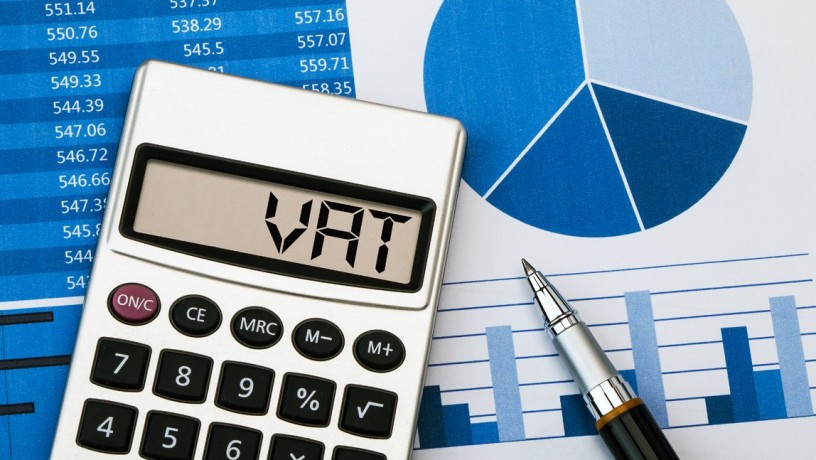
According to media reports last week, Saudi Arabia and Bahrain approved the implementation of VAT in the GCC; however, local implementation laws must still be agreed in each country. This paves the way for the introduction of an expected 5% VAT rate as early as the beginning of 2018, in a region with little history of taxation.
Without tax neutrality or equality rules, the introduction of VAT would put Islamic finance transactions at a disadvantage to conventional transactions. In principal, Islamic finance activities should have a real economic purpose, involving services and/or asset-based or asset-backed transactions.
For example, a murabaha sukuk, a simple, commonly used contract, can be summarised as the sale of an agreed asset or commodity at cost plus an agreed profit margin, which may then be financed in instalments. Banks also use murabaha as a means of providing liquidity to their customers, by buying the assets and then selling them to the customer at a mark-up, whilst giving the customer a period of credit in which to pay the purchase price and mark-up. The transaction often involves an arrangement for the bank to sell the assets into the market as agent for the customer and to account to the customer for the proceeds of that on-sale.
A VAT charge adds to the instalment payments in a murabaha, while a conventional transaction would not have VAT for the sale of the asset added to the interest payments. It is worth noting that murabaha is only one form of Islamic finance. The tax impact could be even bigger for more complex transactions.
Numerous countries with VAT have provided for some form of tax neutrality or equality for Islamic finance transactions, including Malaysia, Indonesia, Turkey and Pakistan. In the UK, the authorities apply a non-discriminatory approach to help ensure a level playing field, with comparable tax treatment of Islamic finance and conventional finance transactions.
Our expectation is that the GCC authorities will make Islamic finance tax equality a priority. Given the aim of an aligned GCC VAT framework, we believe these rules would be broadly comparable across the region. Islamic finance represents a substantial proportion of the banking market across the GCC, particularly in Saudi Arabia which has a mature and developed Islamic finance industry, representing about two-thirds of total bank financing at end-1H16, and in Kuwait where it accounts for almost 40% of banking assets.
The exact date and details of the framework and local implementation of VAT laws are not yet known. The complexity of some Islamic finance transactions could mean it will take some time. Moreover, if the planned tax treatment for Islamic finance activities is not made clear well in advance of implementation, then the uncertainty could reduce Islamic finance activity and attractiveness in the short term.
Source: https://www.zawya.com/mena/en/story/GCC_VAT_a_test_for_Islamic_Finance_Fitch-ZAWYA20170206130038/
Latest News
|
Editor's Column
Analytics 
Malaysia's fast-growing Islamic finance sector benefits not only the Muslim world but also non-Muslim countries, said former Prime Minister Tun Abdullah Ahmad Badawi. |
News in RSS format
|
 Contacts |
Contacts |
 Русский
Русский

